There are over a billion websites on the web. Although about 75% are inactive, a Google search suggests several hundred thousand are dedicated to cat videos. If you’re not in the cat entertainment industry, that still leaves tens of millions of websites containing words, logos, images, audio, or video that might seem perfect for your website or social media.
It’s tempting to repurpose content as your own. But beware—the internet is rife with infringement possibilities. Here are some common issues we’ve flagged to steer you clear of infringement. Keep in mind, the best course of action is to confer with counsel before you “borrow” content.
Copyright Infringement
Copyright protection extends to original works of authorship fixed in a tangible medium of expression. When creative material is uploaded to the internet, it’s stored somewhere on a server, fixing it in a tangible medium and potentially qualifying it for copyright protection. Determining whether something is eligible for protection is complicated, so it’s best to avoid using any creative material without permission.
In a successful copyright infringement suit, basic damages range between $750 and $30,000 per work. If infringement is willful, damages could reach $150,000 per work.
Text and Logos
Generally, website copy is protected by copyright. So are logos, which may also be registered with the United States Copyright Office. Under some circumstances, a copyright registration can entitle an owner to additional, statutory damages. Think carefully before cutting and pasting even a portion of an article, advertising copy, or logo –even if you provide a link to the source
Photos and Videos
Photos and videos are usually entitled to copyright protection. Even the most savvy netizens get into trouble for using images without permission. Gossip blogger Perez Hilton was sued for $7.5 million in a copyright infringement suit for using photographs from other sites. He was briefly dropped by his web host when they realized they might be liable, too.
Keep in mind no source is safe. One of the most obvious hazards is Google images, but material from other sources can also cause trouble. In 2013, a freelance photographer successfully sued content giants Agence France Press and Getty Images for $1.2 million for failing to get permission to use images he posted to Twitter.
The people featured in photos and videos may also have rights in a work. You could run into trouble for using someone’s likeness without permission or for invading their privacy. And multiple parties could have rights—the creator of a work, the owner of the work, and the people featured in the work.
Music
Music is also entitled to copyright protection. Again, multiple parties could have rights in a musical work. Consider a license before posting tunes to your website.
Trademark Infringement
In the United States, trademark protection extends to trademarks that are merely used (under common law rights) and/or registered by a brand owner. In other words, just because someone hasn’t registered their trademark doesn’t mean they don’t have rights in it.
Trademarks include words, logos, and slogans. Think twice before borrowing a clever phrase or cool design—you could be liable for trademark infringement. And although parody sounds fun and defensible, it’s often not and you’re likely actually infringing. Just ask Hitman Glass, which was required to pay $410,580 in damages after it sold a Frappuccino-inspired pipe called the "Dabuccino."
Contact us for help in avoiding infringement. Clearance searches, seeking permission from rights owners, and obtaining licenses are just a few ways we can assist you with branding and content strategy.
